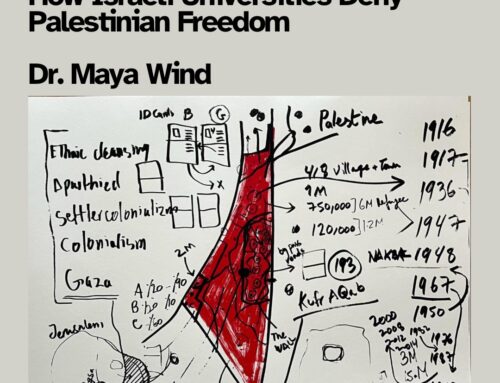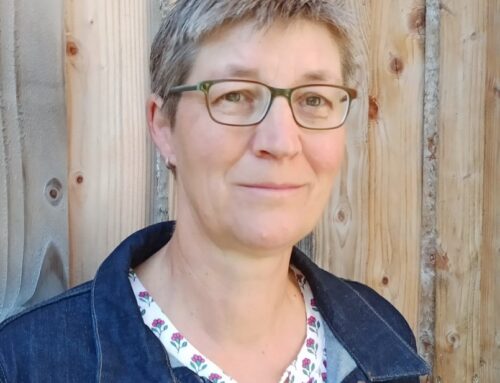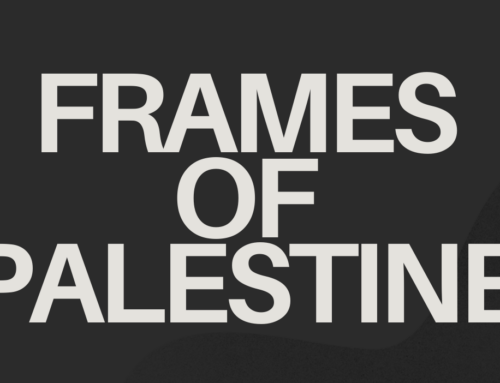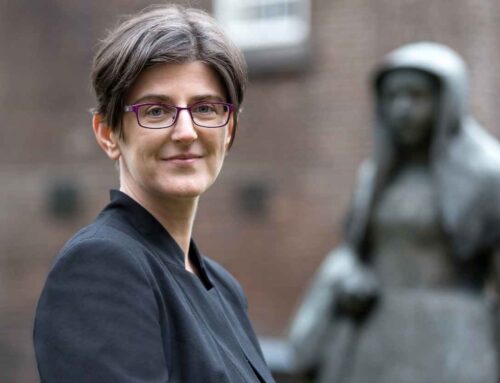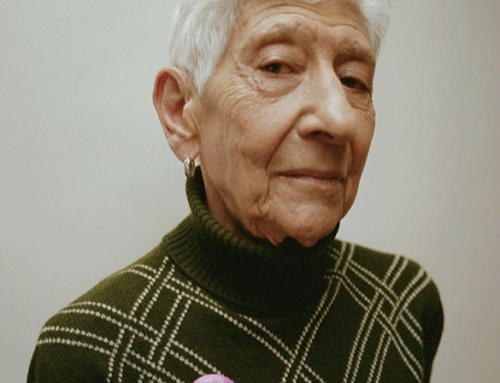On Thursday September 14, 2023 Dr. Eben Kirksey will give the masterclass “Multispecies Futures: Justice, Hope, & Possibility”.
Global markets are expanding, undermining the conditions of life on earth. As the privileged few create cosmopolitan refuges in growing deserts, other peoples and creatures are living with slow violence and ongoing war. Industrial processes are uncoupling life from death, diminishing death’s capacity to channel vitality back to the living. Life is becoming non-life on a planetary scale. Even still, the future is an open field of possibility. People are gardening in the ruins of colonial and carceral geographies—working within and against logics that isolate people from each other and other species. Generative forms of justice are emerging with composted soil, as fungi, microbes, and as people become involved in local cycles of matter and meaning. Plants are helping people ground concrete hopes, as they extend relations into the future with their slow growth and fruit. Some endangered animals are finding recognition justice as they are elevated within cultural, legal, and institutional regimes, other disregarded critters are finding justice—as fugitives—within fragmented patches that allow for feral proliferations and counter-hegemonic hopes.
This masterclass will build on the long legacy of the environmental justice movement. We will consider distributive justice that is concerned with the equitable sharing of resources as well as renderings of new infrastructures that might protect vulnerable communities from toxic exposures. At the same time, we seek to open up the idea of “the environment” with discussions centered on other creatures who are recognized as dignity-bearing subjects and world-makers with their own relational aesthetic sensibilities.
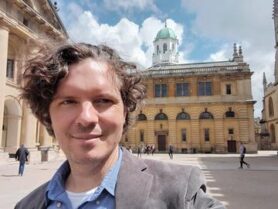 Eben Kirksey is Associate Professor of Anthropology at the University of Oxford where he is also a Fellow of St Cross College. Duke University Press has published his first two books—Freedom in Entangled Worlds (2012) and Emergent Ecologies (2015)—as well as two edited collections: The Multispecies Salon (2014) and The Promise of Multispecies Justice (2023).
Eben Kirksey is Associate Professor of Anthropology at the University of Oxford where he is also a Fellow of St Cross College. Duke University Press has published his first two books—Freedom in Entangled Worlds (2012) and Emergent Ecologies (2015)—as well as two edited collections: The Multispecies Salon (2014) and The Promise of Multispecies Justice (2023).
Eben is perhaps best known for his work in multispecies ethnography—a field that situates contemporary scholarship on animals, microbes, plants, and fungi within deeply rooted traditions of environmental anthropology, continental philosophy, and the sociology of science. Questions related to science and social justice animate his most recent book, The Mutant Project (2020), which offers an insiders account of the laboratory in China that created the world’s first children whose genes were edited with CRISPR-Cas9.
Eben was a British Marshall Scholar at the University of Oxford, before he went on to earn his PhD at the University of California, Santa Cruz. He has taught at some of the most selective and innovative higher education institutions like Princeton University, Deep Springs College, and New College of Florida. In Australia he helped found the Environmental Humanities program at UNSW Sydney, and he maintains ongoing collaborations with colleagues at the Alfred Deakin Institute in Melbourne, Australia.
The masterclass is open to all postgraduate students (MA, RMA, PhD) studying at a university in the Netherlands. Participating RMA & PhD students can earn a total of two credits (2 ECTS): one credit for attendance and active participation in the masterclass, and one additional credit for attending Dr Kirksey’s Environmental Humanities lecture on “Chemopower and Chemosociality” in the afternoon and writing a short paper (ca. 1,500–2,000 words), in response to the texts and topics discussed.
To register for this masterclass, please contact Dr Kári Driscoll (k.driscoll@uu.nl) via email, indicating your university/institutional affiliation and degree programme, and whether you intend to write the paper for additional credit or not.
See here for more information about the masterclass (10.00-13.00 hrs) and the lecture (15.30-17.00 hrs).


